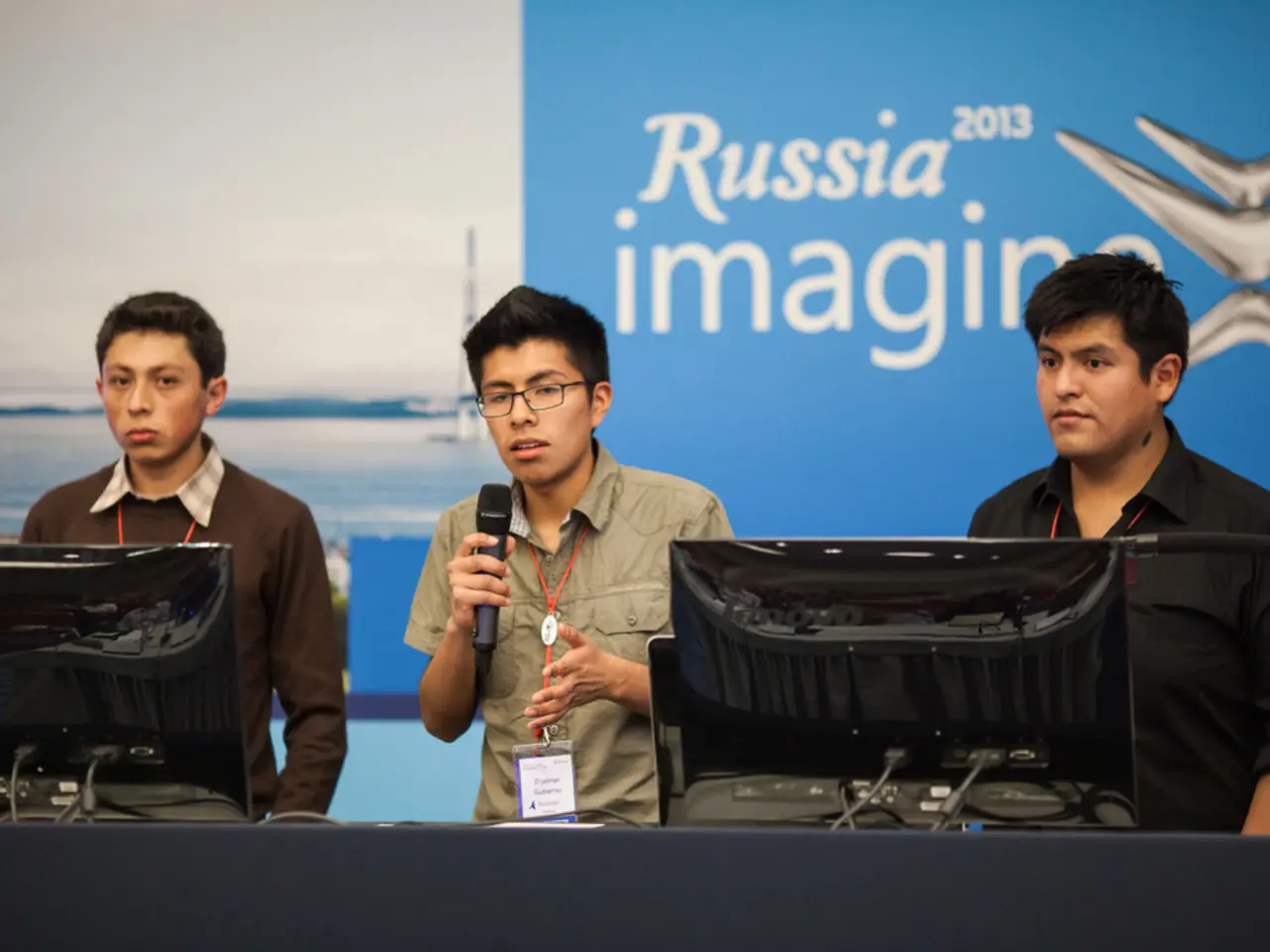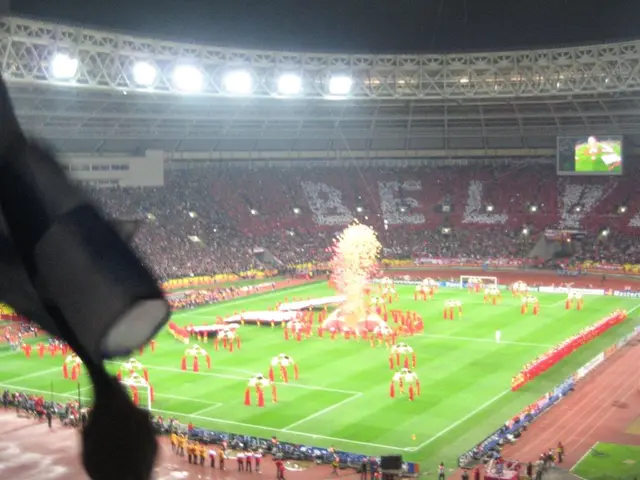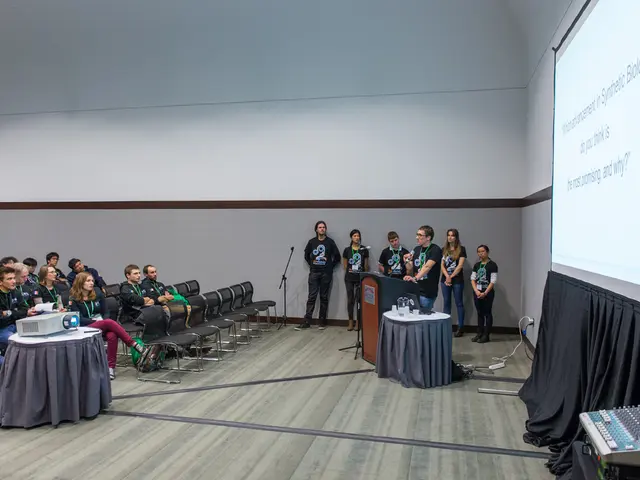Prior to the meeting, Trump does not anticipate reaching an agreement with Putin.
The ongoing Ukrainian-Russian conflict continues to dominate international headlines, with key players maintaining their positions ahead of a crucial meeting between US President Donald Trump and Kremlin chief Vladimir Putin in Alaska.
In a recent development, Trump has once again brought up the idea of exchanging territories, suggesting that there will be changes in the country and they will try to regain a part for Ukraine. However, the US, Ukraine, and European nations maintain a clear stance against territorial concessions to Russia, rejecting Putin’s demands for full control over the remainder of Donetsk Oblast or any Ukrainian territory.
Russia currently controls part of Ukrainian territory, with Putin's primary territorial demand remaining the full annexation of Donetsk Oblast. Moscow has also insisted on addressing what it calls the “root causes” of the war—primarily NATO's eastward expansion and Ukraine’s internal policies—as justification for Russian control over Ukraine.
However, the Kremlin's claims of potential compromise mainly revolve around unrealistic or obfuscatory issues, with the military realities underlining the improbability that Russia can achieve these territorial gains by force easily. Russian forces have made incremental advances in Donetsk but have faced severe resistance and substantial delays, highlighting that decisive Russian military victory—and thus a peace deal based on Russian territorial demands—is not currently achievable.
Ukrainian President Volodymyr Zelenskyy, indirectly, has underscored that he will not accept a deal involving territorial exchange. Trump, in a surprising move, has criticised Zelenskyy, stating that while they understand each other, he doesn't agree with Zelenskyy’s approach.
German Chancellor Friedrich Merz is currently trying to find a common line between Europeans and US President Donald Trump, while also emphasizing the importance of Ukraine's involvement in any peace solution. Merz is planning a virtual meeting with the heads of state and government of France, Britain, Italy, Poland, and Finland, to which EU Commission President Ursula von der Leyen, NATO Secretary General Mark Rutte, and Zelenskyy are also invited.
European heads of state and government will meet with Zelenskyy and Trump at Merz's initiative on Wednesday. The German government has stressed the importance of Ukraine's involvement in any peace solution, and there is no indication as of mid-August 2025 of Western or Ukrainian willingness to entertain peace agreements entailing territorial losses to Russia.
In a positive development, Trump has announced that he will immediately inform Zelenskyy and European heads of state and government after the Alaska summit about his conversation with Putin. The US continues to support Ukraine politically, militarily, and economically to resist Russian demands and preserve Ukraine’s sovereignty.
Trump has hinted at a future meeting involving Selenskyj and Putin, or even a meeting with all three. He offers to join if needed. EU Foreign Policy Chief Kaja Kallas has called for "ironclad security guarantees" and announced a new EU sanctions package against Russia, the 19th such package.
As the conflict enters its fourth year, the upcoming meeting between Trump and Putin in Alaska promises to be a significant milestone in the search for a peaceful resolution. However, with both sides deeply entrenched in their positions, finding a compromise that respects Ukraine's sovereignty and territorial integrity while addressing Russia's concerns remains a challenging task.
War-and-conflicts continue to dominate international headlines, with the ongoing Ukrainian-Russian conflict being a prime example. Policy-and-legislation, particularly regarding territorial concessions and Ukraine's sovereignty, are at the forefront of discussions involving key players like the US, Ukraine, and Europe. Politics and general news are also heavily influenced by the negotiations and potential peace agreements concerning this conflict.







